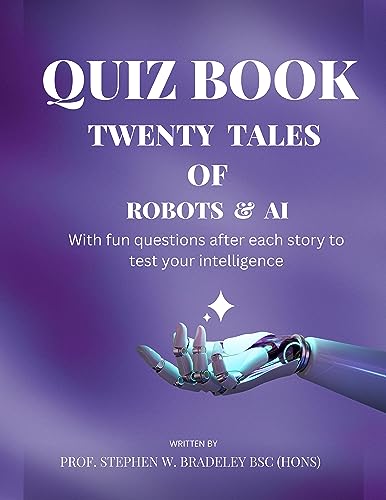Please share my lesson using your social media platforms. Use the links above.
Student FREE Bookstore (CLICK HERE)
CLICK HERE TO GO TO AMAZON.COM.BR
Using Scientific Terminology in English
Introduction:
Welcome to this advanced English lesson, where we will be exploring the fascinating world of scientific terminology in the English language. With the ever-growing importance of science and technology in our daily lives, having a strong grasp on scientific vocabulary is essential for better communication and understanding. In this lesson, we will focus on mastering complex scientific terms, effectively incorporating them into your speech and writing, and engaging in clear discourse within the scientific community. So, let’s embark on this intriguing linguistic journey to enhance our proficiency in the realm of scientific English.
VOCABULARY REVIEW: >>>>>
Section One: (Vocabulary)
Here is a list of 10 common scientific words used in research, along with brief explanations for each:
1. Hypothesis – A proposed explanation or prediction based on limited evidence, serving as a starting point for further investigation.
2. Variable – Any factor, trait, or condition that can change or be manipulated in an experiment, affecting the outcome.
3. Control – A group or aspect of an experiment that remains constant, allowing researchers to isolate and observe the effects of variables accurately.
4. Quantitative data – A type of data or research that focuses on numbers and measurements to describe experimental results objectively.
5. Qualitative data – A type of data or research that emphasizes the understanding of subjective experiences and explanations rather than numerical measurements.
6. Replication – The act of repeating a study’s procedures under the same conditions to validate findings and ensure their reliability.
7. Bias – A systematic error in an experiment, study, or data collection process that may lead to misleading conclusions.
8. Peer review – The process in which experts in a relevant field evaluate a research study or manuscript before its publication to determine its suitability and validity.
9. Population – The total number of individuals, objects, or organisms from which a sample is drawn for a study.
10. Sample – A subset of a population selected for measurement and analysis during an experiment, aimed at making generalizations about the larger group.
VOCABULARY REVIEW: >>>>>
Grammar Section:
1. In the following sentence, identify and correct any grammatical errors related to subject-verb agreement: “The data collected from the experiments demonstrate that the hypothesis is incorrect and warrants further investigation.”
2. Choose the appropriate relative pronoun (who, which, that) to complete this sentence: “The chemist, _____ discovered the new compound, published her findings in a prestigious journal.”
3. Convert the following passive sentence into an active one: “The test results for the new drug were analyzed by the research team.”
4. In this sentence fragment, restructure it to create a complete sentence while maintaining its original meaning: “Although she had completed all of her lab work.”
5. Use proper parallel structure to complete the following sentence: “To conduct a successful experiment, a scientist must follow protocols, maintain accurate records, and ________.”
VOCABULARY REVIEW: >>>>>
Video listening section:
Questions:
-
-
-
-
- What does the expression “go hand in hand” mean.
- What is a “gadget”?
- What’s the difference between a machine and a vehicle?
- Explain the difference between a device and an appliance?
- Explain “cutting edge”
- Explain “state of the art”
- What is the difference between “dated” and “outdated”?
- What is your opinion about AI?
-
-
-
Writing Section:
Write a 100 word essay describing your job to me use at least five scientific words in your essay.
_______________________________________________________________________________________
BOOK OF THE WEEK



